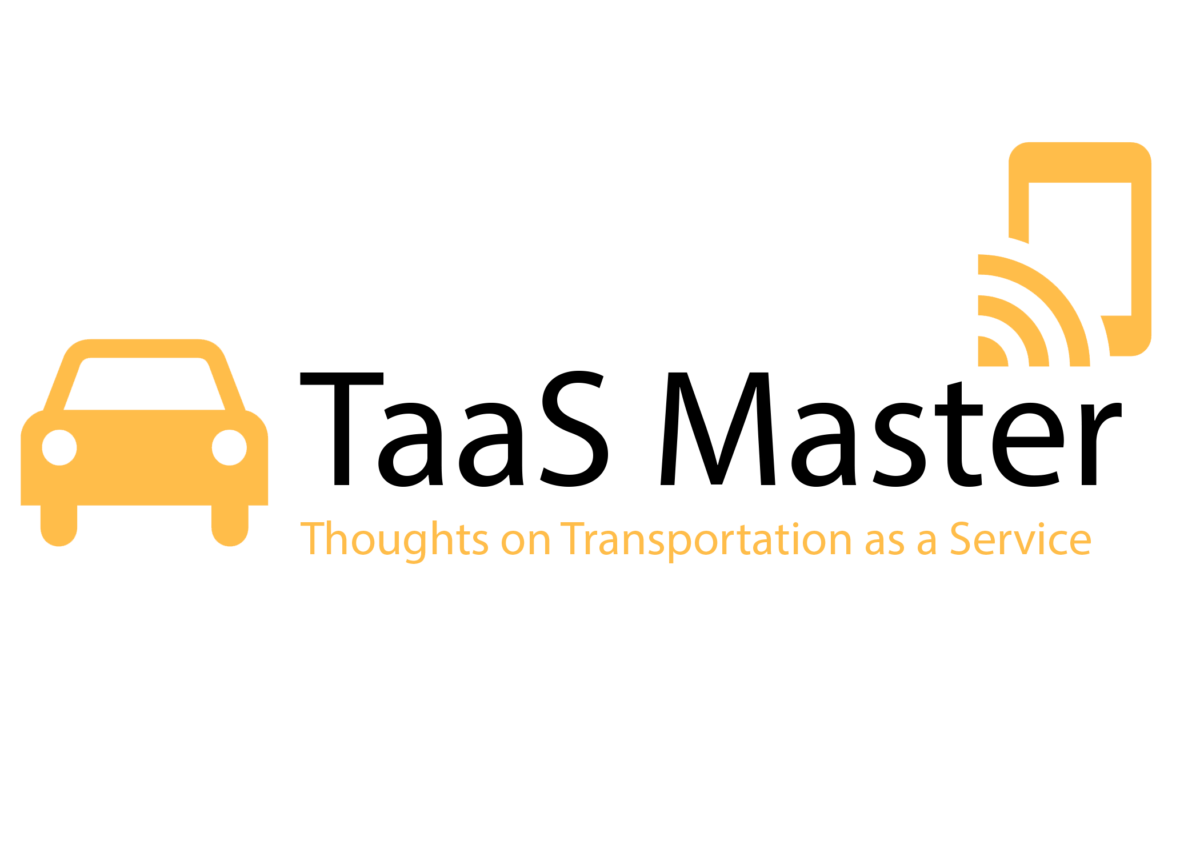A discussion by Gene Munster of Loup Ventures and Horace Dediu suggests Apple could be the most significant challenge to Tesla’s current EV dominance. In fact Dediu believes Apple might turn Tesla into tomorrow’s BlackBerry. BlackBerry was one of the most important smart phone companies in the world with 85 million users worldwide in September 2013. By March 2016, BlackBerry users had fallen to 26 million. What happened? Apple’s iPhone, and later devices running Google’s Android operating system, made BlackBerry’s email-centric mobile phone devices obsolete. At a time when many users believed BlackBerry’s keyboard used for input was a mandatory feature, Apple changed the narrative of what a smart phone device can be for consumers.
The original iPhone launched in 2007. The competitive obsolescence of BlackBerry did not happen quickly. Yeti the iPhone created whole new industries eventually like mobile apps which also contributed to the BlackBerry device demise. Like the electric vehicle business today, Apple had no previous experience with smart phone devices. However, iPhone solidified a core competence for the company that still exists today – an ability to reimagine what a product can be for consumers. If any company can reimagine new features, experiences, and capabilities for a product like an electric vehicle which is also a connected experience, extremely personal, beautiful, and engaging, it would be Apple.

According the Elon Musk, Apple’s Tim Cook refused to meet with him concerning the possibility of taking a stake in Tesla during a time when the company was financially struggling to launch Model 3. Maybe Cook ignored Musk at the time because his company was already secretly working in the EV space. In 2017 Tim Cook admitted that Apple was working on autonomous systems for driverless vehicles. In fact he called the effort the “mother of all AI projects.” The payoff for Apple could be what some believe is an $8 trillion global market opportunity in EVs, autonomous vehicles, and mobility solutions. Why would a company with Apple’s engineering prowess, retail leadership, consumer sense and financial balance sheet not attack that opportunity?

